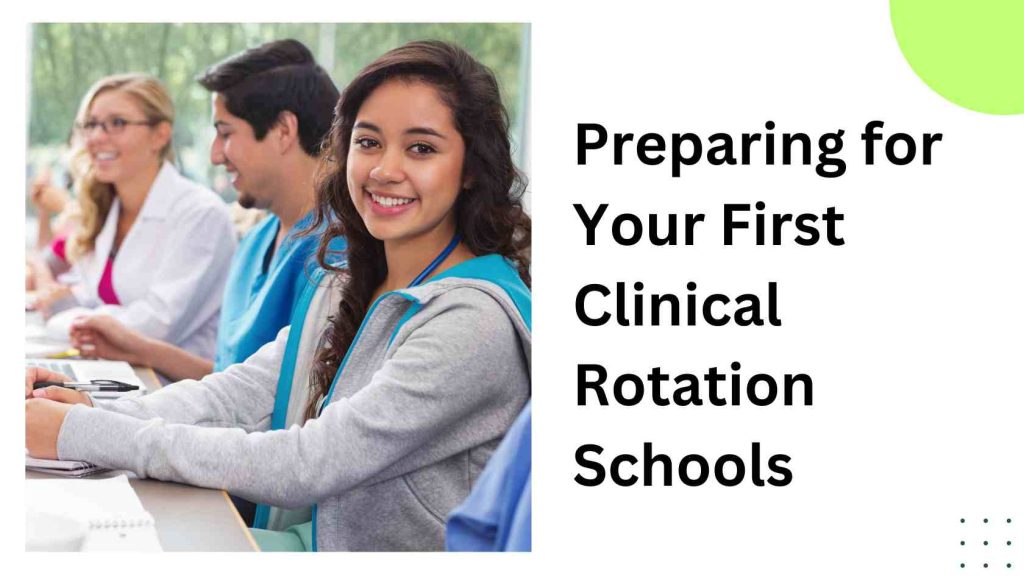- Oak Brook:(630) 705-9999
- Chicago:(312) 920-8822
- Email:inquiry@vervecollege.edu
- Make a Payment
- Home
- Programs
- Admission
- Resources
- ATI Entrance Exam Resources
- New E-Digital Library
- Refer a Friend
- School Newsletter
- Events
- Employers
- Job-Network
- Alpha Beta Kappa Candidates
- Verve College Library
- Graduation and Pinning Ceremony Photo Galleries
- Textbook Information
- Career Services
- Tutoring
- School Catalog
- FAQ
- Constitution Day Program
- Alumni
- Verve College Plans
- Financial Aid
- HEERF Reporting
- Satisfactory Academic Progress
- Apply For Financial Aid
- Net Price Calculator
- Return of Title IV Funds (R2T4)
- Financial Aid Office Code of Conduct
- Contact
- FAQs
- Verification Policy
- Vaccination Policy
- Student Right-to-Know Act
- Misrepresentation
- Information Security Program
- Academic Award Year
- Availability of Employee
- Cost of Attendance
- Health & Safety Exemption Requirement
- Students Rights and Responsibilities
- Leave of Absence
- Pell Formula
- Military Students
- Grants/ Scholarship Policy
- Contact Us
- Testimonials
- Blog
Is a Nursing Career Right For You?
Take The Free Quiz
Preparing for Your First Clinical Rotation: What to Anticipate from LPN Schools
Preparing for Your First Clinical Rotation: What to Anticipate from LPN Schools
Both theoretical and practical training is part of nursing school. Before becoming a licensed practical nurse, you must know how to care for patients in different contexts. Clinical rotations in private LPN schools near me are a great way to put your knowledge into practice and learn practical applications.
The first clinical rotation can be exciting for nursing students, but it can also be scary. It can be intimidating for someone who has never worked in a clinical setting.
Uncertain of what to expect? What you should know before you start your first clinical placement.
What Are Clinicals in LPN Schools, and How Do They Operate?
Private LPN schools near me take students from the classroom to a real healthcare setting where they can interact with patients. These rotations allow students to apply the knowledge they’ve gained in prerequisite courses.
Clinical nursing students will be guided by an experienced nurse who has basic nursing skills (sometimes called a preceptor) who can provide support and help ensure high-quality patient care. Students will be guided by an experienced, designated nurse who can provide guidance when needed and help to ensure quality patient care in the nursing field.
Prepare for Your Clinical
Take time to prepare for your rotation so you don’t have to rush to get ready the first morning. Sleep well to arrive at your clinical rotation with a positive outlook and a clear mind.
Prepare all your supplies the night before. Prepare a healthy lunch or snack in advance to avoid getting too hungry while on shift. It would be best to eat breakfast every morning to fuel yourself for the day. Before your first rotation, it’s good to write down important information, like what you need to know about the patient before giving care at nursing homes. Arrive early to avoid being late.
Related:- How to Improve Medical & Clinical Skills in LPN Programs
What Will You Learn From the Practical Nurse Program?
You’ll first learn by watching an experienced nurse. Patients don’t want to be treated by someone who isn’t experienced. You will gain experience in your clinical, both through observation and direct clinical practice.
You will be taught how to collect information about a patient, gather vital signs, and perform miscellaneous tasks such as giving medication, helping with hygiene and comfort, and providing general care to patients. You’ll get to experience several different clinical rotations to understand how nurses function in each department.
Also, you will learn how to interact with patients properly in healthcare facilities. Connecting with patients is a big part of nursing. You will also learn how to calm them down so that they can heal. Your clinical rotations in hybrid practical nursing program (hybrid programs or online classes) will allow you to practice your bedside manner with patients and their family members. Be a sponge during your clinical rotation. You can see how a healthcare professional goes about nursing career daily routine. Make inquiries and take in as much knowledge as you can in long-term care facilities.
How Will My Grade and Evaluation Be Determined?
You can use your prior coursework knowledge, and study should be minimal. You will generally be graded and evaluated on attendance, preparedness, and participation criteria. Some homework may be assigned, but this will likely relate to your work, like creating health care plans.
You should be able to do well if you approach your rotations with a positive and receptive mindset. Make sure to be on time, complete your homework, and prepare yourself for every day. You should pass your clinicals if you follow these steps.
What Comes Next?
The clinical rotations form a key part of your hands-on training. You’ll have the chance to spend many hours watching patient care and then providing it yourself. You can graduate from community college once you complete the required clinical hours in the practical nurse program & human anatomy and physiology classes.
Want to Make a Career in Nursing? Get More Information About Our Courses!
You must then pass the licensure exam to become a licensed practical nurse. It takes many steps to become a nurse because safe patient care demands in-depth clinical training and experience. Use your clinicals to prepare for your entrance exams and your first job!
 Sign up
Sign up Login
Login




